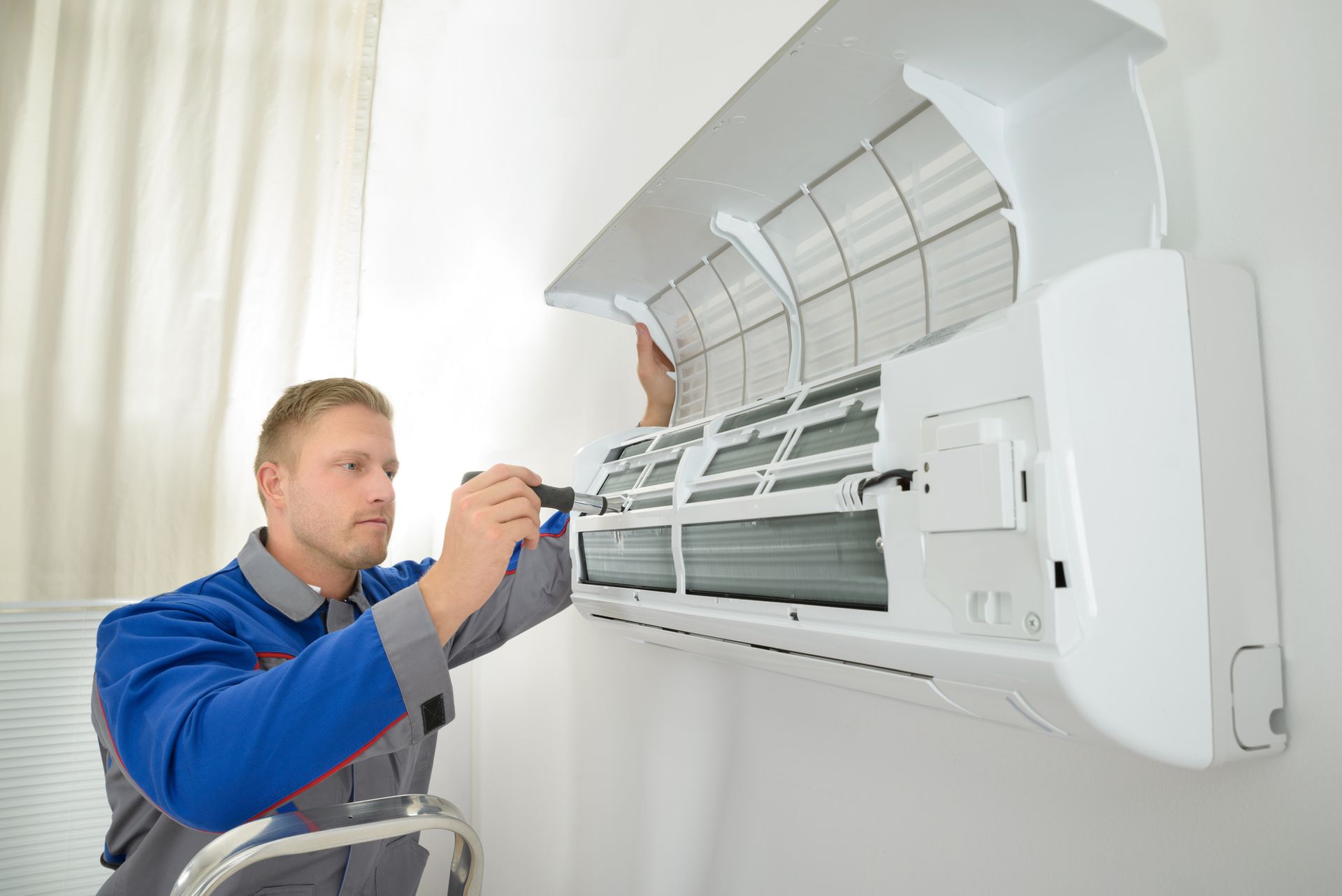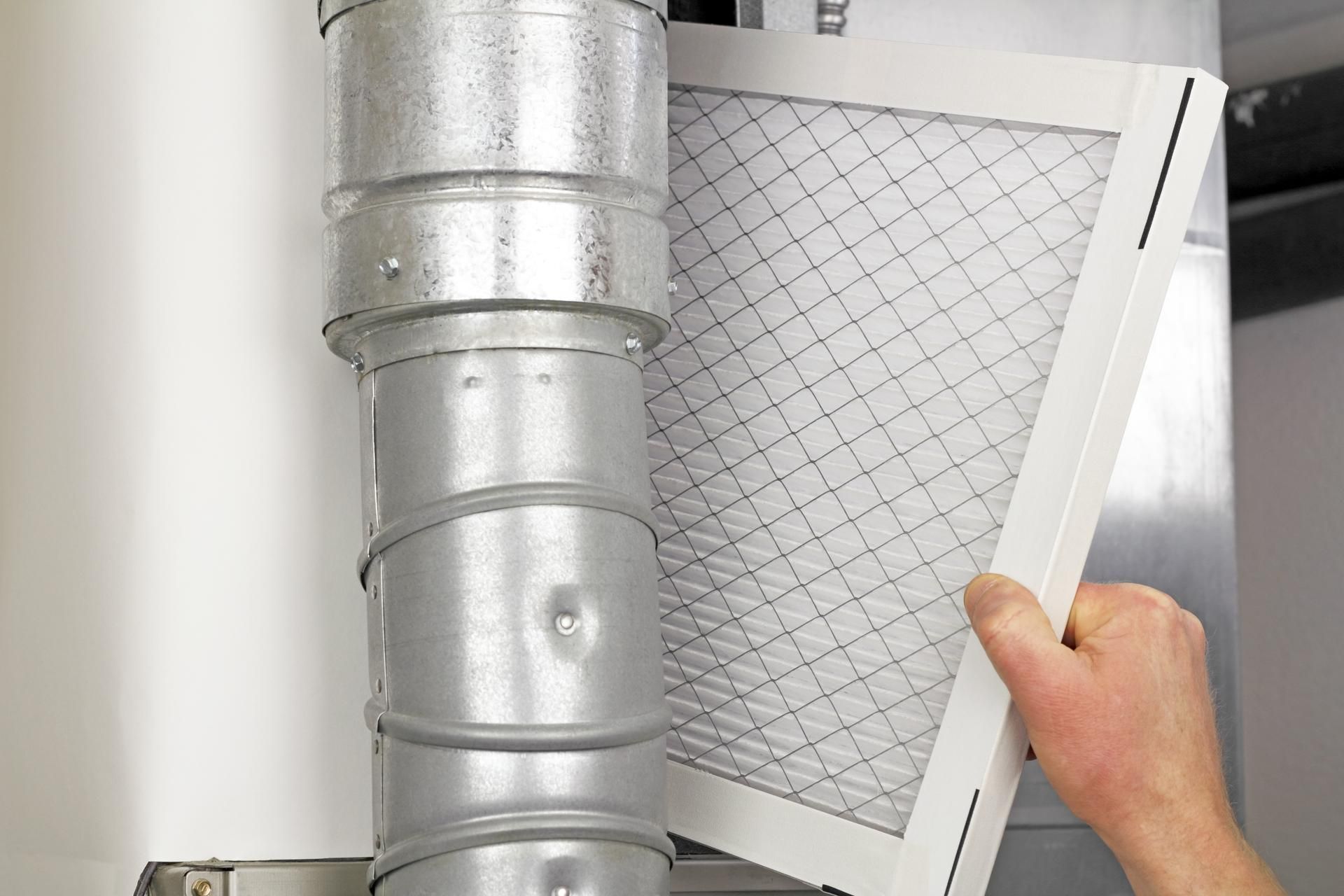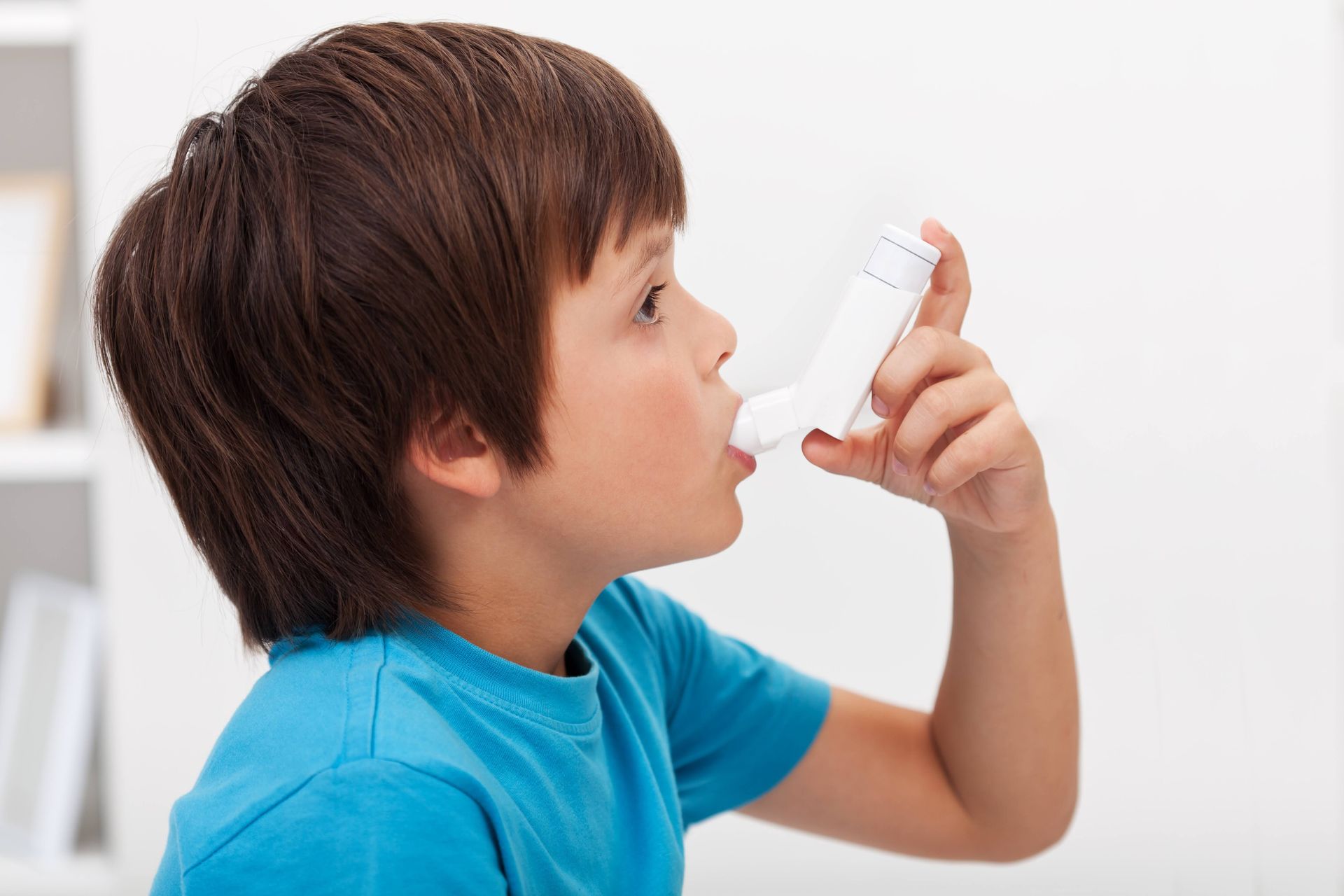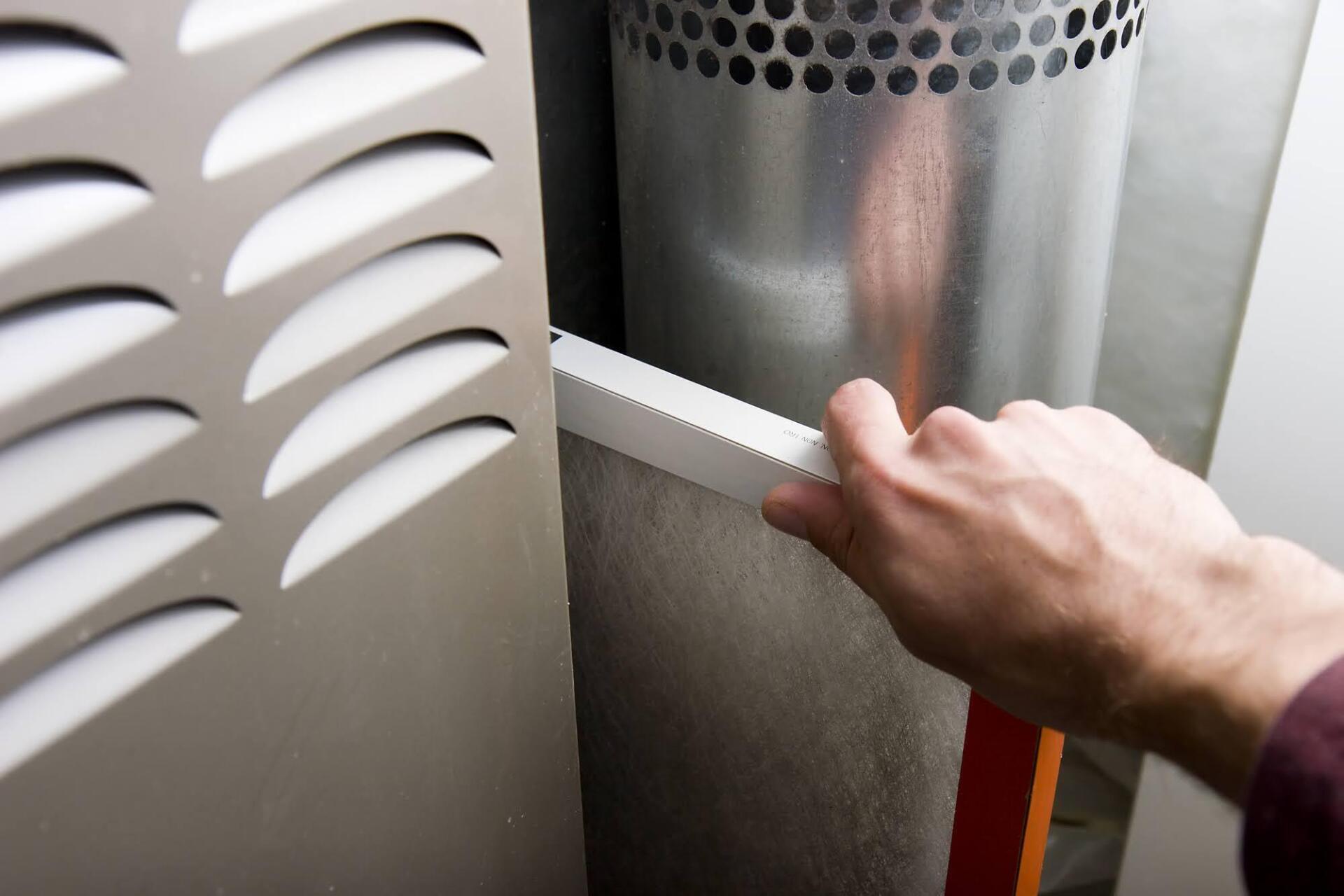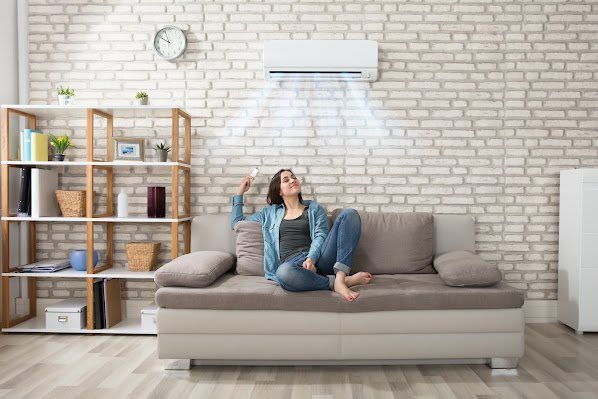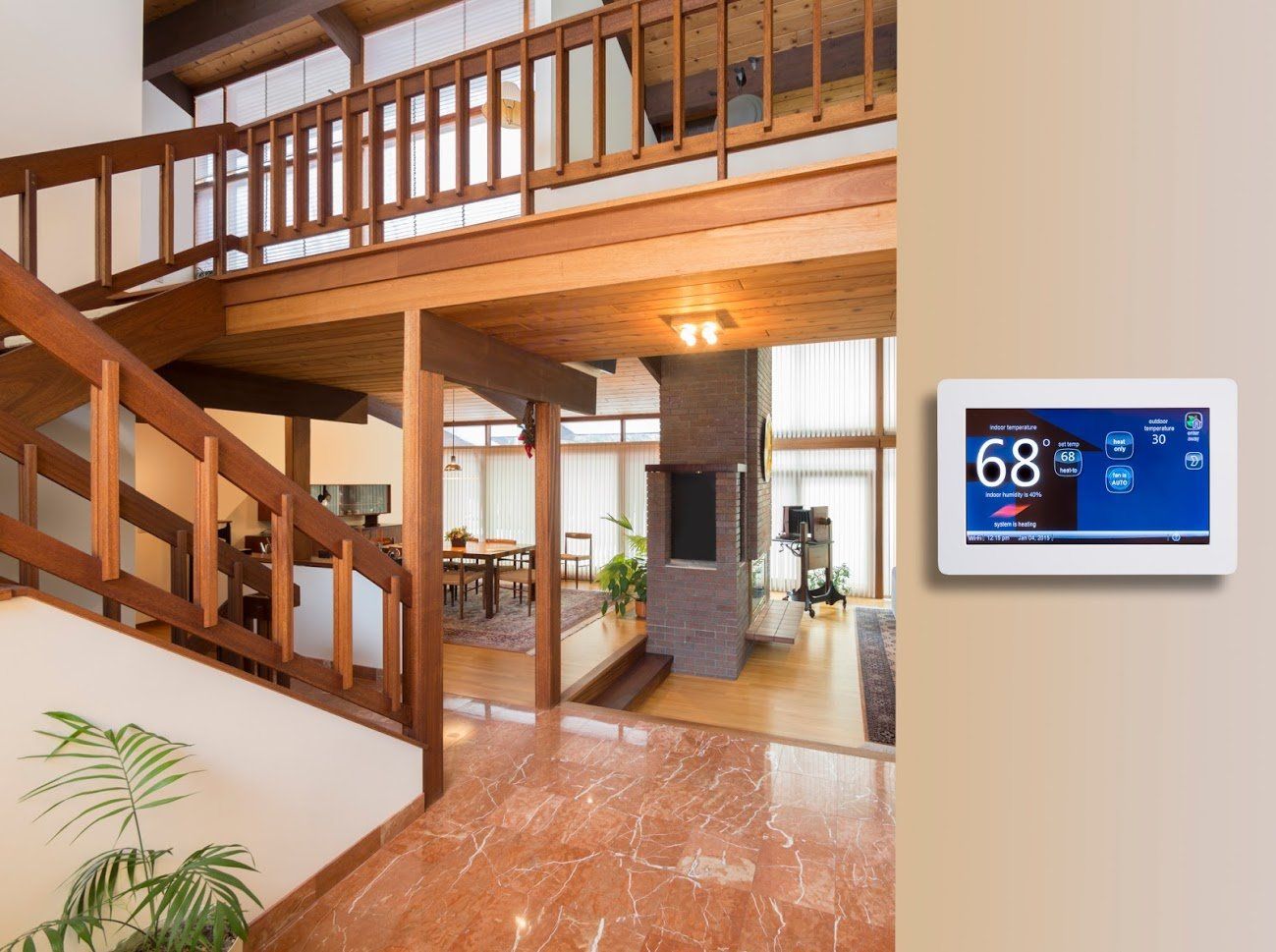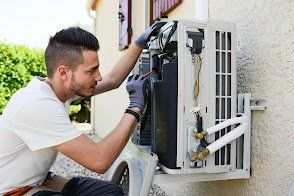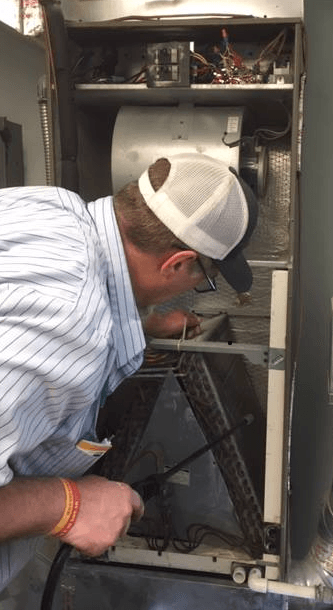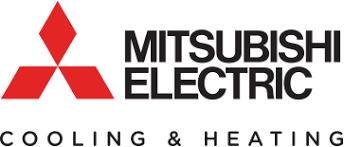4 Upgrades That Improve Your HVAC System
| Feb 22, 2023

The HVAC system in your home helps to keep the house cool in summer and warm in winter. This system can usually do its work just with the help of basic features. But you can increase the efficiency of your HVAC system if you add certain features. Consider the following upgrades to your HVAC system.
1. Upgrade Your Thermostat
Manual thermostats may be cheaper, but they won't help you reduce energy consumption in the long run. That is why many homeowners have switched to smart or programmable thermostats.
Programmable thermostats are ideal for homes that experience temperature changes throughout the day. The thermostats allow you to schedule when the HVAC turns on and off. Some thermostats even allow people to have different temperature settings for the weekday and weekends.
Smart thermostats allow you to change the temperature readings regardless of your location. This can be highly beneficial if you are always away on business trips or own a vacation home. Additional features on a smart thermostat include vacation mode, climate adaptation, and touchscreen controls.
2. Install Whole House Dehumidifiers
Dehumidifiers remove excess moisture from your home. Dehumidifiers help to maintain fairly stable humidity levels in your home and keep the property dryer and more comfortable. The upgrades can also prevent mold growth and block contaminants that might cause allergies. The result will be better health for you and your family.
The common practice is to attach the dehumidifier to your home's existing cooling and heating ductwork system. This method works best when your HVAC is in the crawl space, attic, or basement. This allows the outlets and inlets of the dehumidifier to connect directly to the ductwork without additional pipes. The only downside with the method is that you may have to spend more money during the installation process.
3. Use a HEPA Filter
Indoor air contains various airborne particles, such as mold spores, dust, and hair. The filter in the HVAC unit will trap and keep these particles from circulating inside your home. While filters can capture large sediments in the air, small particles might pass through the filter and mix with the air inside the house. The solution is to choose an air filter with a better HEPA (high-efficiency particulate air) rating.
Filters with a high HEPA rating can prevent even the tiniest particles from entering your house. But first, you have to configure your HVAC unit to use the HEPA filter. If you can't configure your HVAC system to use a HEPA filter, consider other options, like a whole-home air filter. Also, remember that a filter that works too well may block enough air from getting into your home.
4. Upgrade to HVAC Zoning
The HVAC system in some homes connects to single ductwork. If the home is a double-story, the upstairs rooms will be hotter in the summer, while downstairs rooms will feel colder in winter. The solution is to introduce HVAC zones even if you have a single heat pump or compressor.
The most common way to introduce zones is to install dampers within the ductwork. But since the blower operates at a specific capacity, the dampers might cause static pressure to accumulate inside the ductwork. As a result, excess air will build up in the ductwork.
A common solution is to use a bypass duct, which can interfere with the temperature of the evaporator coil in the HVAC system. That is why some HVAC professionals will use variable speed equipment to add zones.
Once you have decided to install certain HVAC upgrades, the next step is to find a qualified HVAC professional to help you. Central York offers HVAC services, such as HVAC installation, repairs, and maintenance. Contact us to get a quote.
BROWSE OUR WEBSITE
CONTACT INFORMATION








